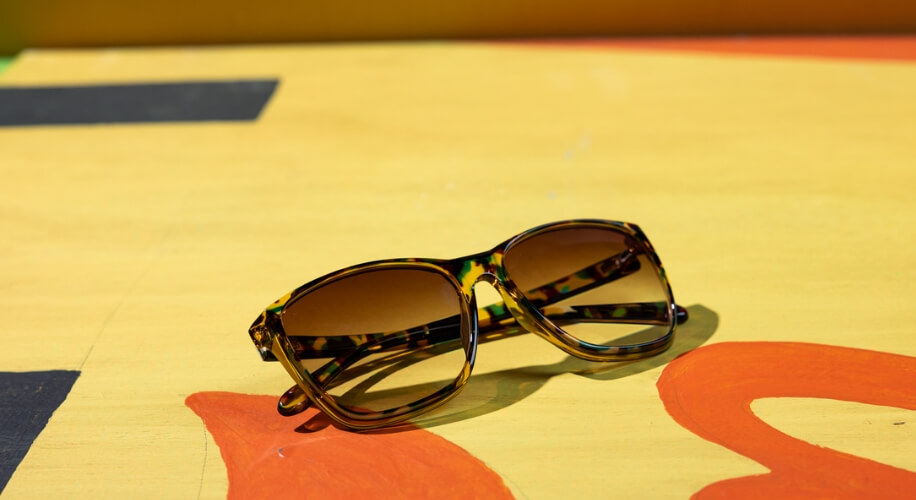Understanding Common Misconceptions of Glasses

Glasses, also known as eyeglasses or spectacles, have long been a symbol of clarity and vision correction. However, amidst the rich history and practical uses of these optical devices, myths and misconceptions often cloud the understanding of their true purpose. In this exploration, we will unravel the truths behind glasses and address common misconceptions surrounding their impact on vision.
1. Can Eyeglasses Correct Vision?
The primary role of eyeglasses is, indeed, to correct vision issues. For those with refractive errors such as nearsightedness, farsightedness, or astigmatism, glasses act as a corrective lens, adjusting the way light enters the eyes and allowing for clearer vision. Understanding how eyeglasses correct vision is the first step in appreciating their fundamental purpose.
2. Can Glasses Improve Vision?
Absolutely. Glasses not only correct vision but also improve it. By providing the necessary refractive correction, glasses enhance visual acuity and clarity. This improvement goes beyond merely addressing existing vision issues; it can also prevent eye strain and fatigue, contributing to overall eye health.
3. Can Glasses Make Vision Worse?
Contrary to a common misconception, wearing glasses prescribed by an optometrist or ophthalmologist does not make vision worse. On the contrary, neglecting to wear glasses when needed can lead to eye strain, headaches, and potentially exacerbate existing vision problems. It’s crucial to follow professional advice regarding the use of glasses for optimal eye health.
4. Can Glasses Fix Your Vision?
In many cases, yes. Glasses are designed to provide a precise correction to refractive errors, effectively “fixing” vision issues. However, it’s essential to recognize that while glasses offer a reliable solution for many, they may not address certain eye conditions or diseases. Regular eye exams are crucial for ensuring your prescription is up-to-date and addressing changes in vision.

Dispelling Common Myths: What You Need to Know
Now that we’ve addressed the key questions about glasses’ purpose, let’s dispel common myths:
Myth: Wearing glasses weakens your eyes.
Reality: Glasses provide the necessary correction, preventing eye strain and discomfort.
Myth: Glasses are only for older individuals.
Reality: People of all ages can benefit from glasses for various vision issues.
Myth: Wearing glasses is a permanent solution.
Reality: Vision can change over time, requiring updated prescriptions.
Embracing Clarity and Debunking Myths
In conclusion, understanding the purpose and dispelling myths surrounding glasses is crucial for making informed decisions about eye care. Glasses not only correct and improve vision but also contribute to overall eye well-being. By separating fact from fiction, we can embrace the clarity that glasses bring to our lives and appreciate them as a valuable tool for visual enhancement.
Remember, regular eye check-ups are essential for maintaining optimal eye health and ensuring that your glasses continue to serve you well on your journey to clear vision.
About the Author: Dr. Sophia Moh, OD, ABOC
Dr. Sophia Moh, OD, is an optometrist based in the Bay Area, California. She holds a doctorate from UC Berkeley School of Optometry and has worked in various eye care settings, including primary care optometry, general ophthalmology, community health clinics, and Veterans Affairs. Dr. Moh is dedicated to improving global vision health by making high-quality, affordable eyewear accessible to all. She is also a certified American Board Optician (ABO) and actively contributes to optical education through training and lectures.



 United States
United States